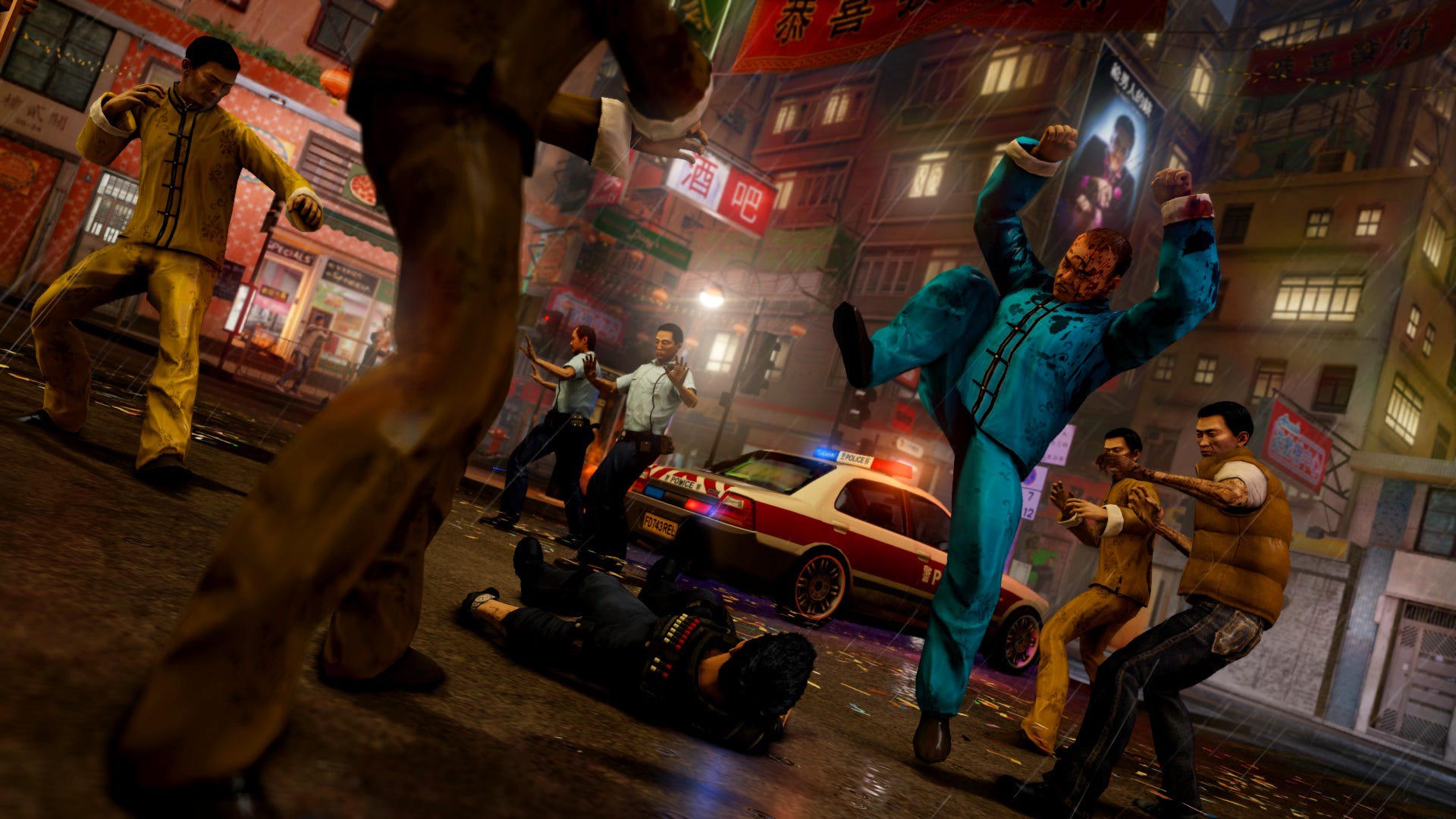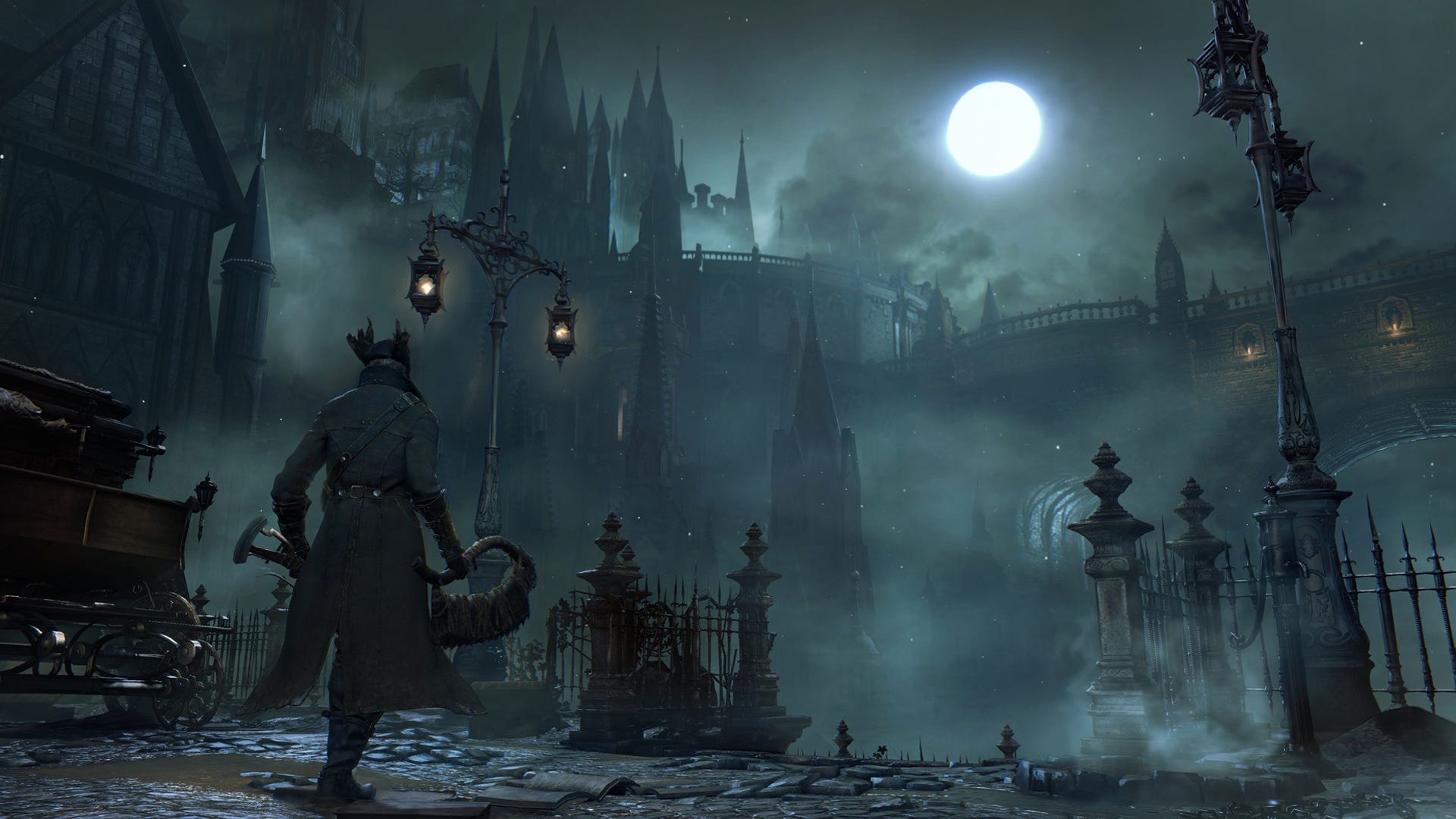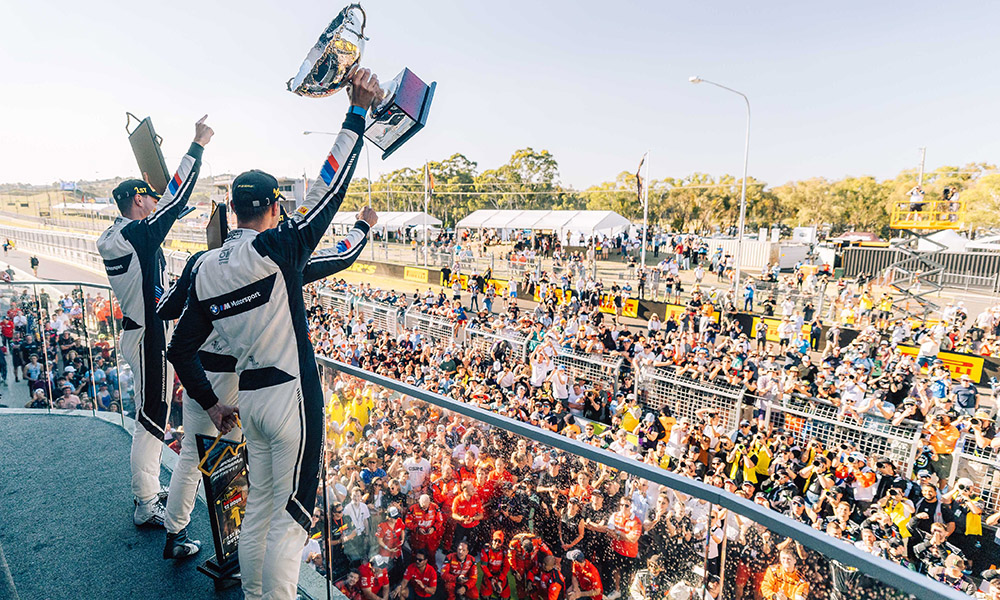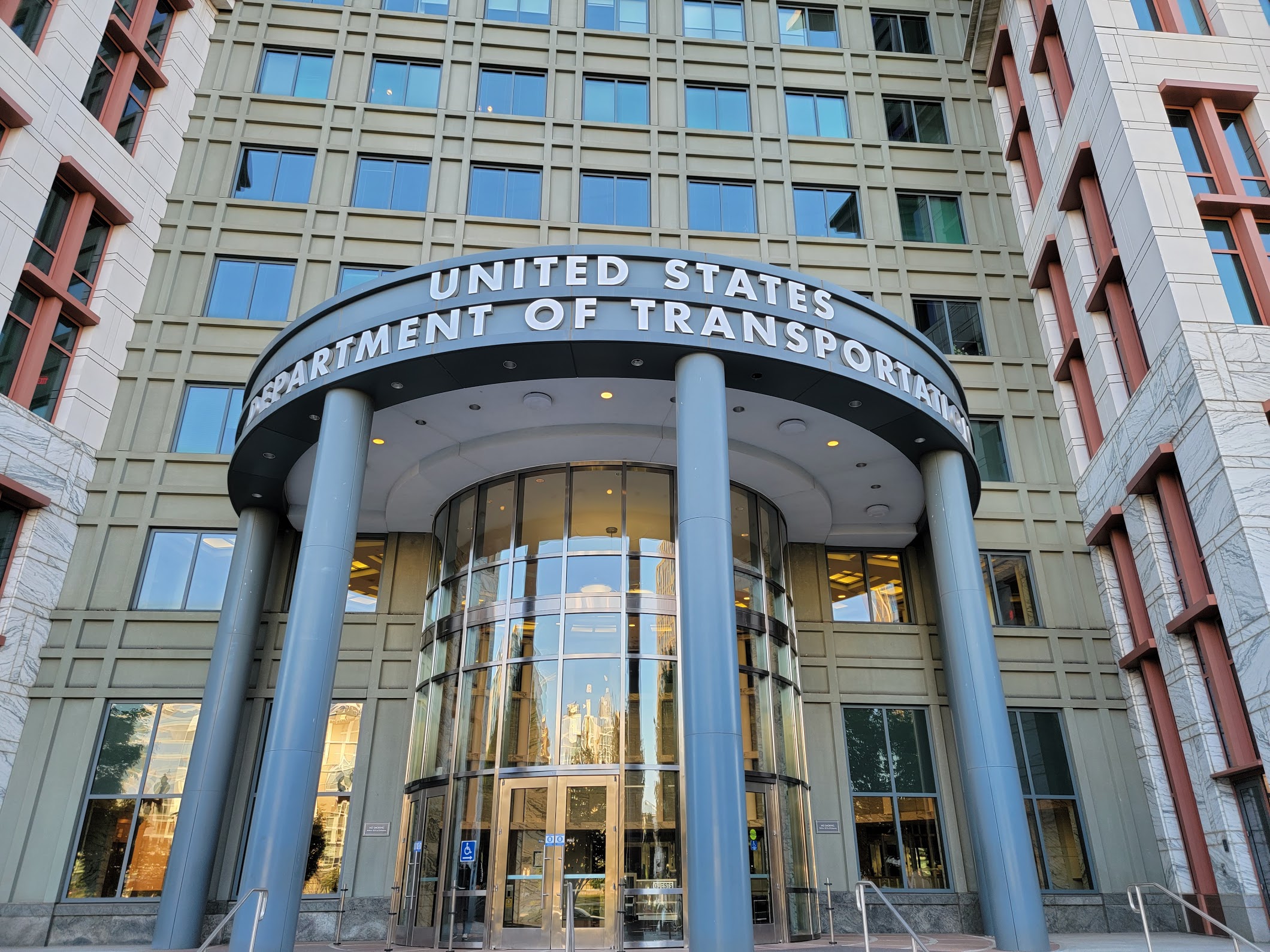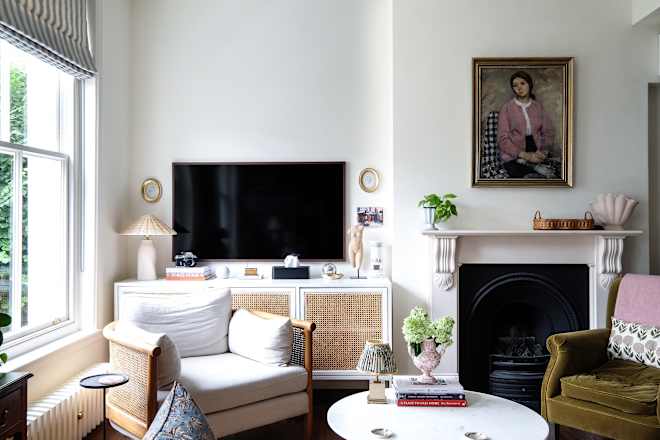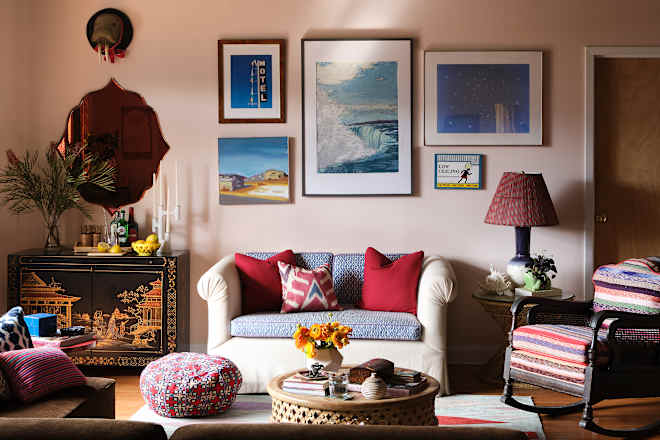Brasil! Brasil! The Birth of Modernism review – spot the standouts in lavish display of bafflingly weak art
Royal Academy, LondonHarking back to a wartime RA show, this mishmash of 20th-century Brazilian art, much of it in thrall to European modernism, ends exactly where it should begin…A warning at the outset – the birth of modernism, in Brasil! Brasil! at the Royal Academy, does not mean the actual baby. You will not be flying down to Rio in the 60s. There will be no cool constructions by Lygia Pape or fluttering sculptures by Hélio Oiticica, no hint of Oscar Niemeyer’s sweeping architecture and certainly no suave bossa nova soundtrack by João Gilberto.You may not even recognise a single name. Which is entirely the point: to introduce us to the early avant garde of a nation convulsed by dictatorships and coups. In the approximate timespan of this show – from the general strike in 1917 for the most basic of labour rights for workers in factories and fields to the military coup of 1964 – art is confined, sidelined, often political. And most of it stayed where it was made, in Brazil. Continue reading...

Royal Academy, London
Harking back to a wartime RA show, this mishmash of 20th-century Brazilian art, much of it in thrall to European modernism, ends exactly where it should begin…
A warning at the outset – the birth of modernism, in Brasil! Brasil! at the Royal Academy, does not mean the actual baby. You will not be flying down to Rio in the 60s. There will be no cool constructions by Lygia Pape or fluttering sculptures by Hélio Oiticica, no hint of Oscar Niemeyer’s sweeping architecture and certainly no suave bossa nova soundtrack by João Gilberto.
You may not even recognise a single name. Which is entirely the point: to introduce us to the early avant garde of a nation convulsed by dictatorships and coups. In the approximate timespan of this show – from the general strike in 1917 for the most basic of labour rights for workers in factories and fields to the military coup of 1964 – art is confined, sidelined, often political. And most of it stayed where it was made, in Brazil. Continue reading...









![[DEALS] iScanner App: Lifetime Subscription (79% off) & Other Deals Up To 98% Off – Offers End Soon!](https://www.javacodegeeks.com/wp-content/uploads/2012/12/jcg-logo.jpg)









